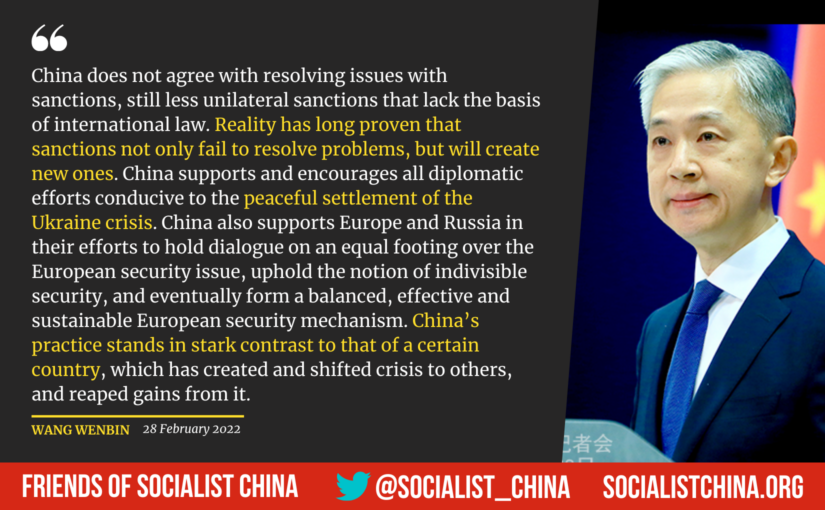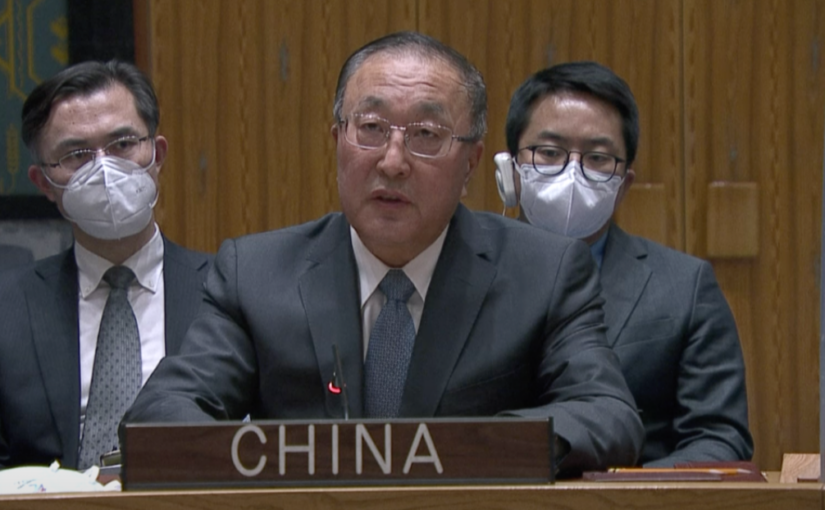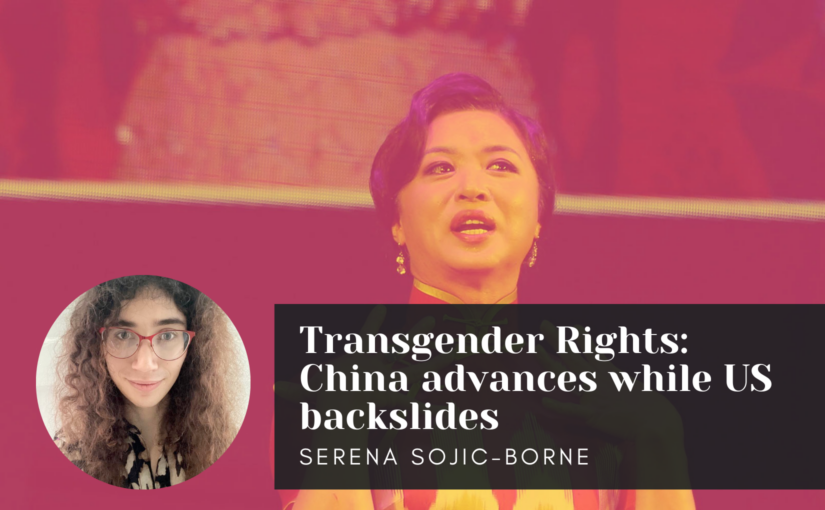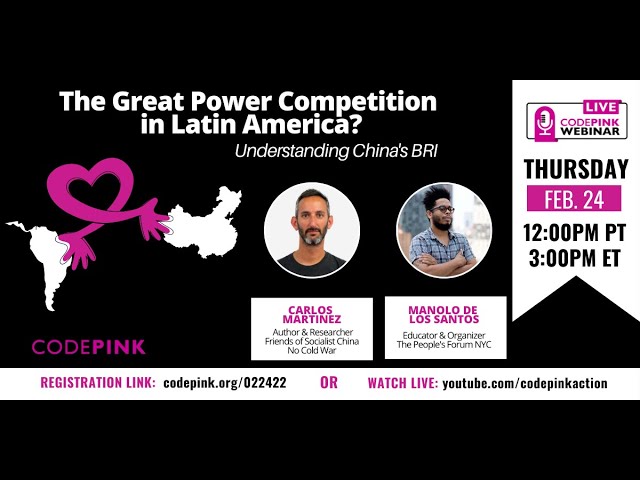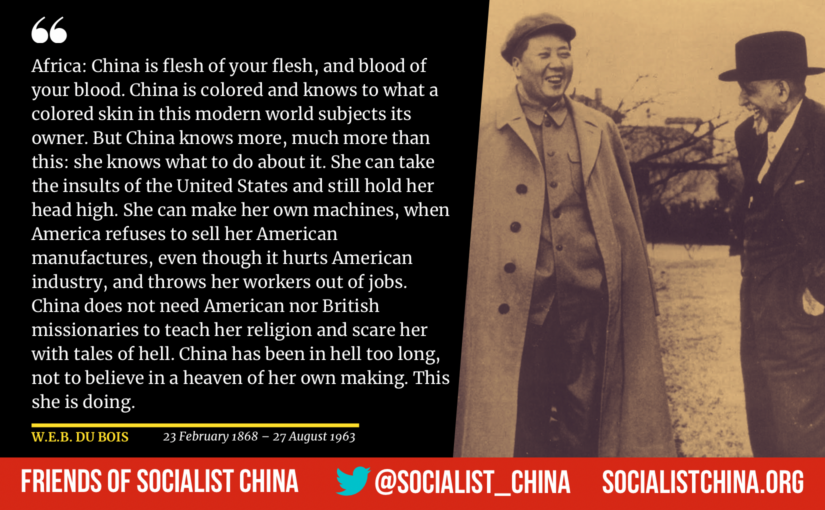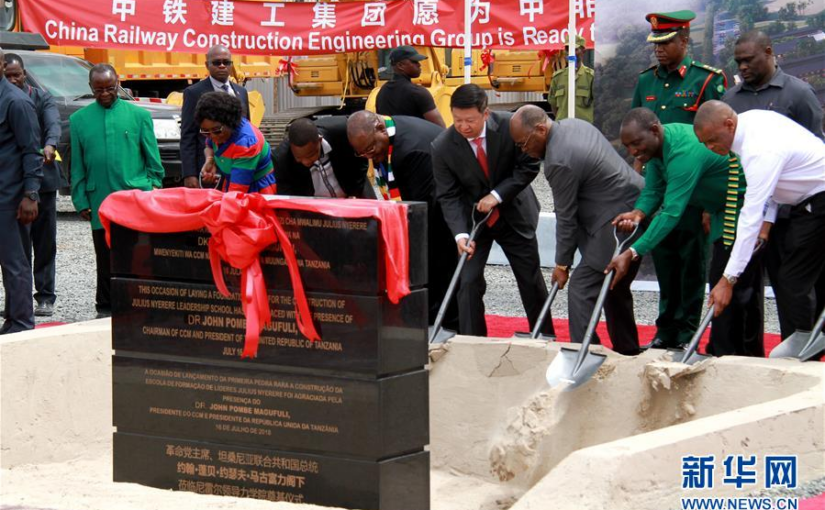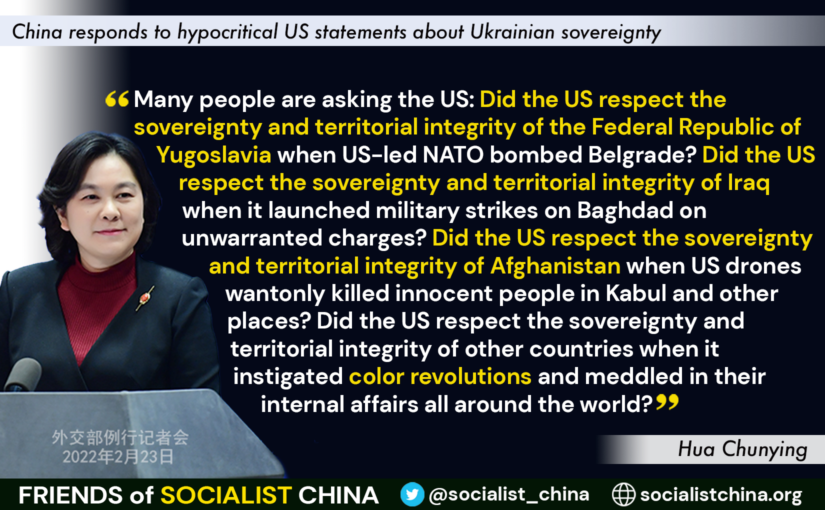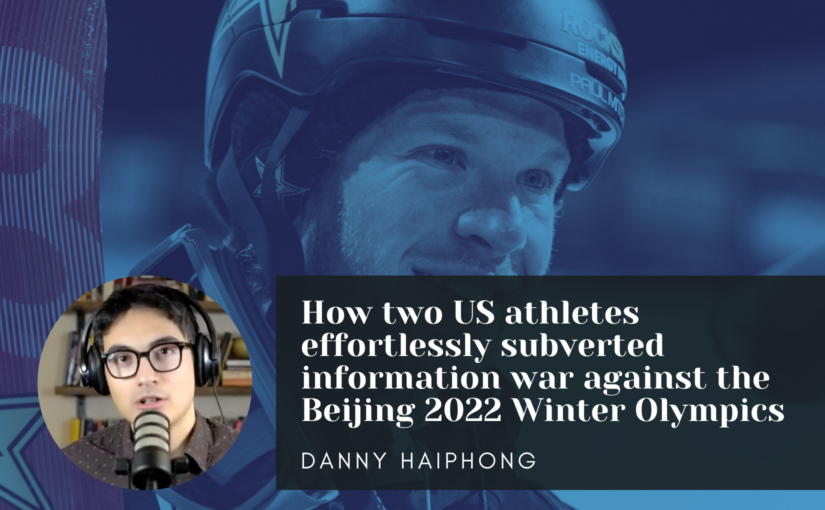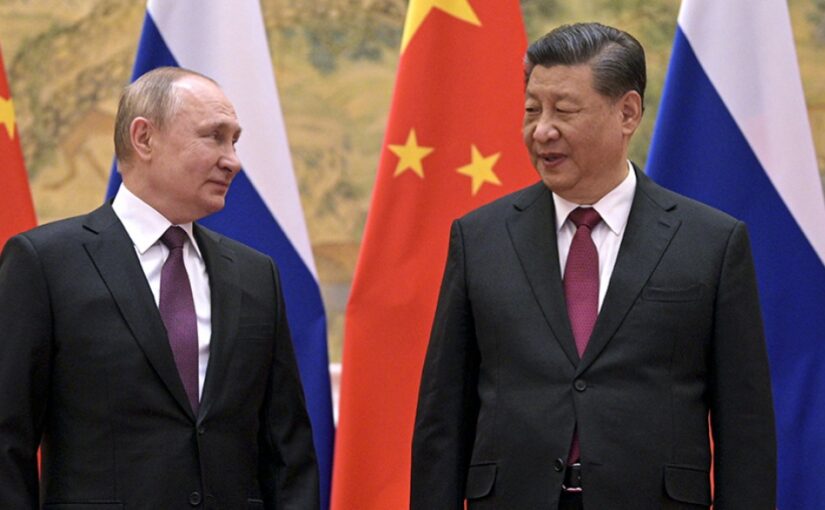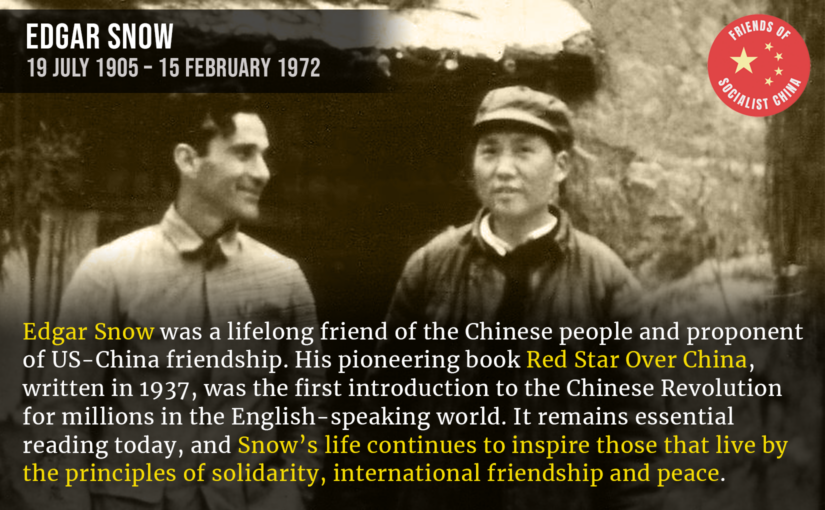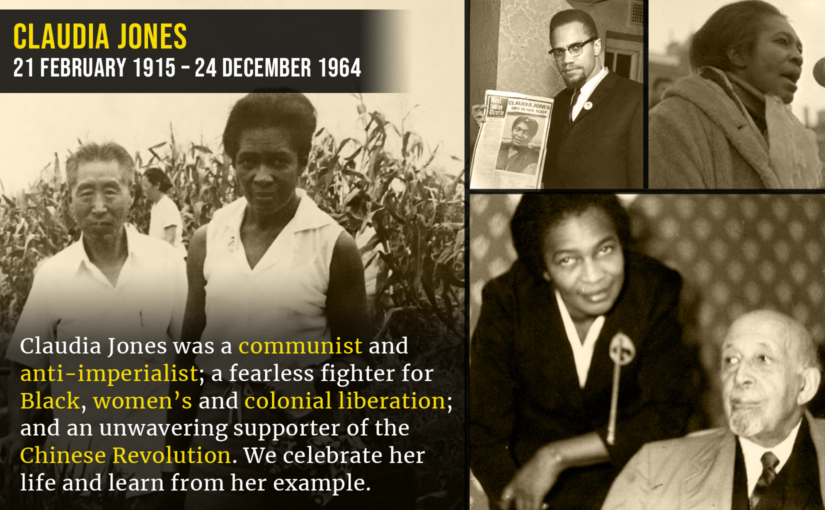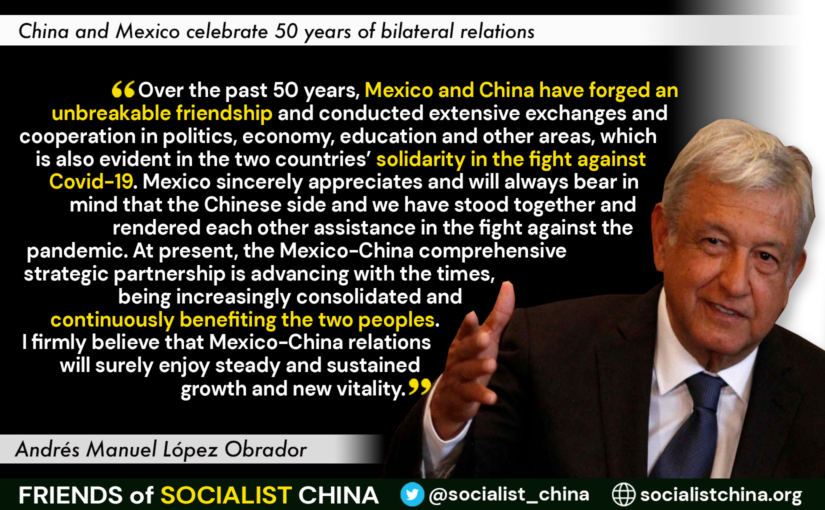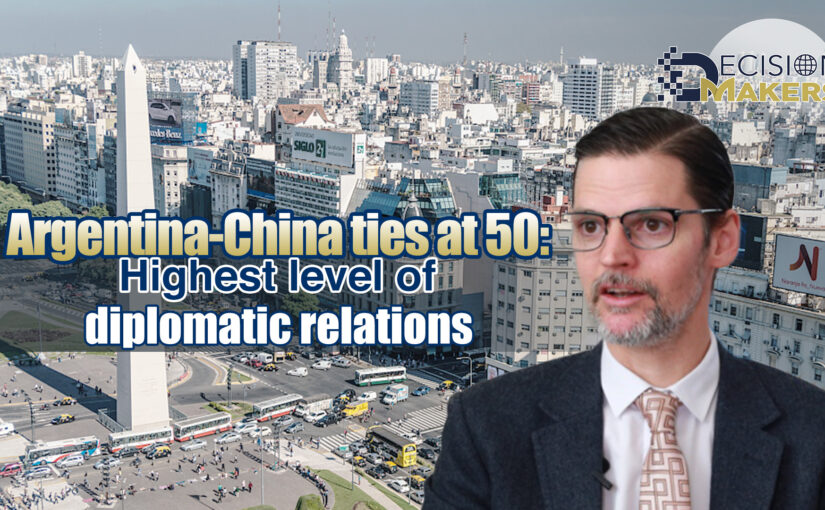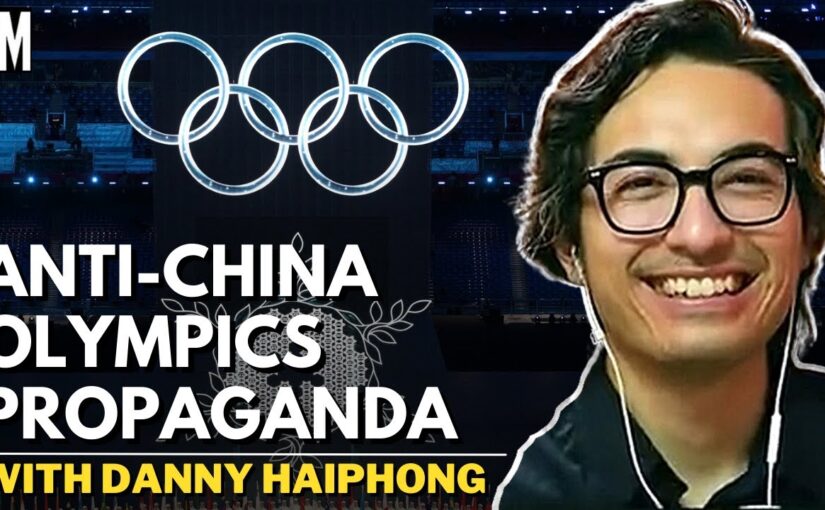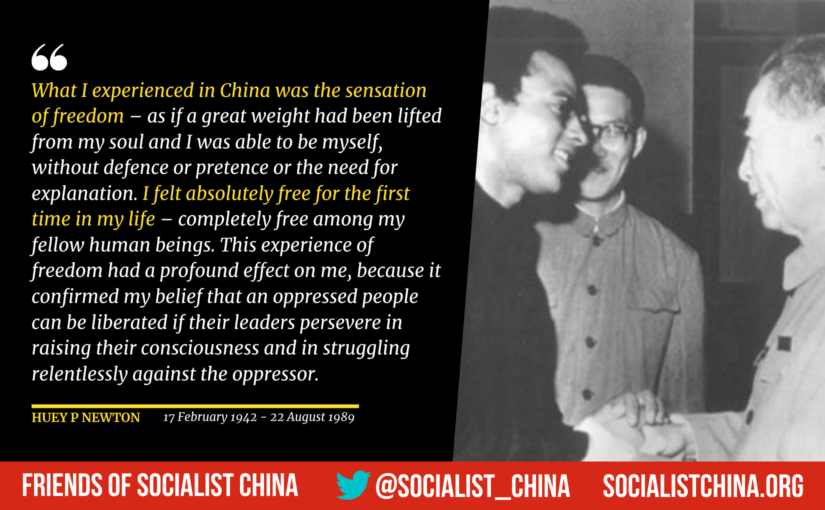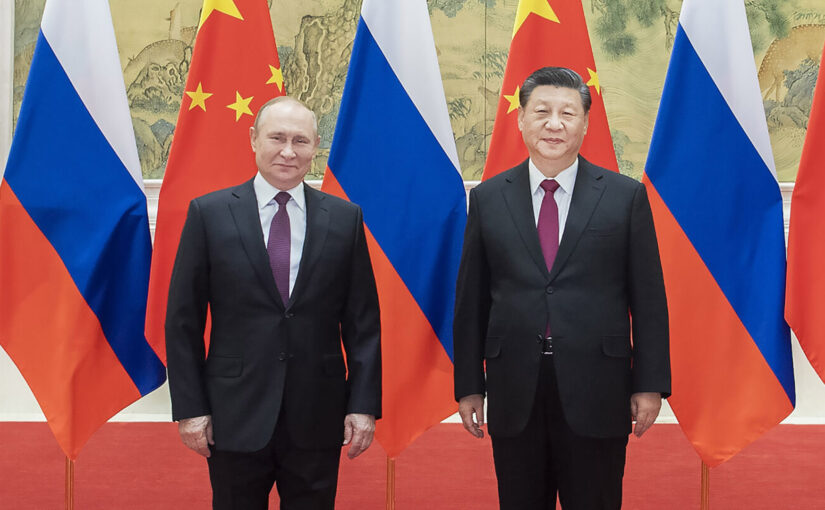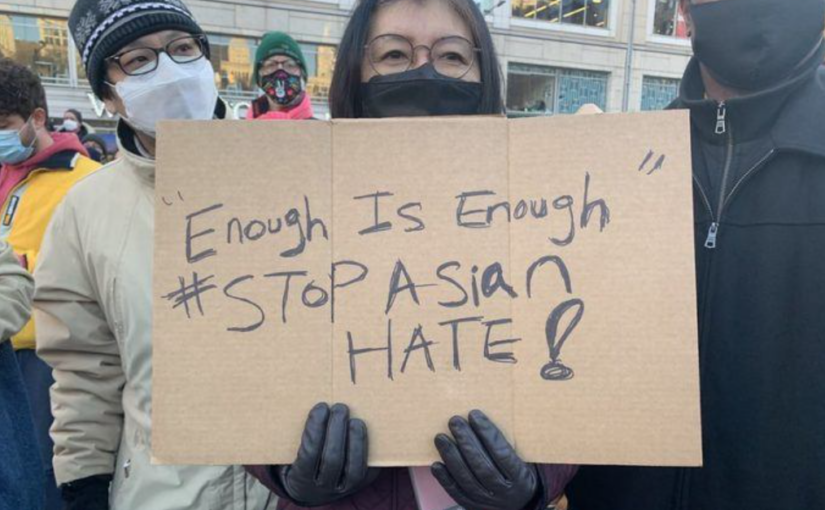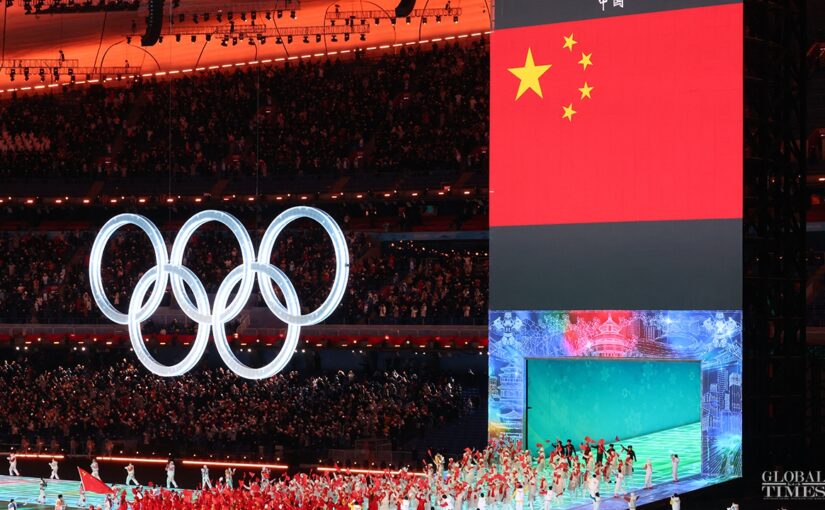We are pleased to republish this important article from Global Times, which provides a detailed exposition of what it describes as China’s “neutral stance” in the conflict between Russia and Ukraine and refutes some of the key misrepresentations of the Chinese position. It also analyses the motives of the Western powers in the current crisis and the evolution of their positions as events unfold, including the changing dynamic in relations between Europe and the United States.
Although the US and some other Western countries are trying to handle the current situation in Ukraine with waves of sanctions against Russia and questioning Beijing’s neutral stance, China has once again clarified its neutrality and the reason to the EU, France, Germany and the UK as to why it opposes sanctions ahead of the UN Emergency Special Session on Sunday.
Chinese State Councilor and Foreign Minister Wang Yi had phone conversations with UK Foreign Secretary Elizabeth Truss, High Representative of the EU for Foreign Affairs Josep Borrell, French Diplomatic Advisor to the President Emmanuel Bonne and German Foreign Minister Annalena Baerbock from Friday to Saturday, according to the website of the Ministry of Foreign Affairs on Sunday.
They had in-depth exchanges of views with a focus on the situation in Ukraine, while Wang expounded China’s basic position on the Ukraine issue. Wang stressed that “China supports and encourages all diplomatic efforts conducive to a peaceful settlement of the Ukraine crisis. China welcomes the earliest possible direct dialogue and negotiation between Russia and Ukraine.”
Continue reading China clarifies neutral stance on Ukraine crisis